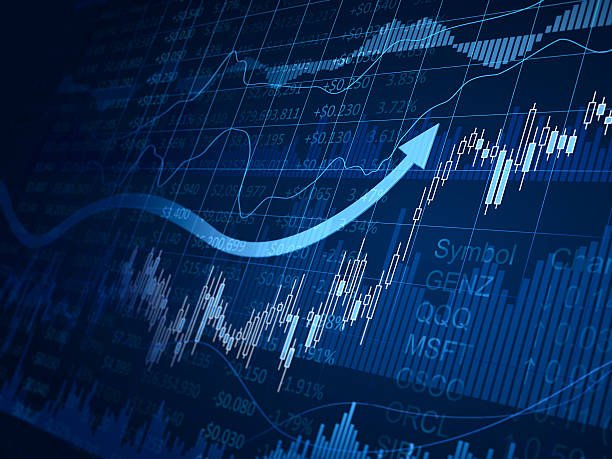Introduction: The global economic landscape is constantly evolving, influenced by a myriad of factors including geopolitical events, technological advancements, and market dynamics. In this blog post, we provide insights into the current global economic outlook and offer perspectives from The Executives on key trends, challenges, and opportunities shaping the world economy.
1. Economic Recovery Post-Pandemic:
- Impact of COVID-19: Explore the effects of the COVID-19 pandemic on the global economy, from unprecedented disruptions in supply chains and trade to widespread job losses and economic downturns across industries and regions.
- Path to Recovery: Discuss the prospects for economic recovery post-pandemic, including government stimulus measures, vaccination efforts, and shifts in consumer behavior driving demand for goods and services.
- Geopolitical Tensions: Analyze the geopolitical landscape and its impact on global trade, investment flows, and supply chain resilience, with a focus on escalating tensions between major powers, trade disputes, and regional conflicts.
- Trade Agreements: Examine the implications of trade agreements and alliances on international trade and economic integration, including the impact of Brexit, US-China trade relations, and the renegotiation of trade deals.
- ESG Considerations: Highlight the growing importance of environmental, social, and governance (ESG) factors in investment decision-making, as investors increasingly prioritize sustainable and responsible investing practices.
- Green Recovery: Discuss initiatives aimed at promoting sustainable economic growth and transitioning to a low-carbon economy, including investments in renewable energy, green infrastructure, and climate resilience projects.
- Digital Economy: Explore the role of digital technologies in driving economic growth and innovation, from digitalization of industries and remote work trends to the rise of e-commerce, fintech, and digital payments.
- Tech Investments: Discuss the opportunities and challenges presented by rapid technological advancements, including artificial intelligence, blockchain, and 5G, and their potential to reshape industries and create new business models.
- Inflation Trends: Assess the impact of inflationary pressures on consumer prices, wages, and central bank policies, as economies navigate supply chain disruptions, rising commodity prices, and pent-up demand.
- Monetary Stimulus: Analyze the responses of central banks to inflation concerns, including interest rate adjustments, quantitative easing measures, and forward guidance strategies to support economic recovery and stabilize financial markets.



